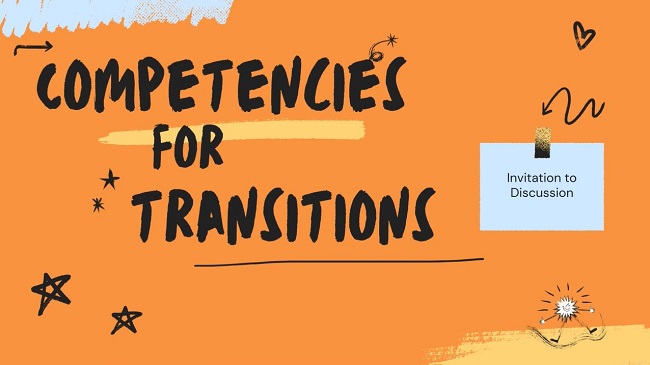Unit 1: Getting started – what does learning sustainably mean?
Introduction

Welcome to the Sustainable pedagogies badged open course.
This course is about approaches to learning and teaching that allow students to:
- think creatively and critically
- reason with logic and imagination
- transform the way they learn
- become confident in innovating solutions to enable us to live sustainably.
The course is comprised of eight units and each unit takes around three hours to complete.
This is a badged course, which means you can download a digital badge as evidence that you have studied the course. To obtain this badge you must have posted a contribution to at least one forum discussion [Tip: hold Ctrl and click a link to open it in a new tab. (Hide tip)] in Units 1–7 and one in Unit 8. You must also have completed the quiz at the end of Unit 5 and scored at least 80%.
It is recommended that you download this learner journal file as a space to reflect and record your thoughts as you work through and complete the activities throughout the course.
You will find material in each unit that is labelled ‘Explore’ and has the binoculars icon ![]() beside it. This is optional material that you can choose to access and study if you wish to know more about the ideas being discussed.
beside it. This is optional material that you can choose to access and study if you wish to know more about the ideas being discussed.
Throughout the course the term ‘sustainable pedagogies’ will be used. If you need to learn more about sustainability itself rather than sustainable pedagogies then we recommend the OpenLearn course – Introducing Climate Psychology: facing the climate crisis. Sustainable pedagogies are not singular and fixed, nor does the term simply equate to teaching methods. Rather, the authors of this course invite you as educators and learners yourselves, to explore the pedagogies (plural) advocated. Some of the pedagogies discussed suggest working in different ways with your students, to invite them to look beyond their immediate context and learn with and from the world around them. Some ask for a transformation in ways of thinking and reasoning to allow students to understand how they can contribute to a more sustainable way of living.
In one of the later units you are invited to consider how and what your students could learn from considering traditional wisdom, from those who have lived sustainably in the past and those that still do live in harmony with their environment. You are invited to consider which pedagogies you can adopt and, more likely, could more fundamentally adapt in line with the principles and ideas presented to represent sustainable pedagogies more fully in your teaching activities.
Sustainable pedagogies allow you and your students to develop the skills and understanding to sustain a future in which all life can thrive. The course is not about what sustainable living is but it is about equipping students with the skills they need. It asks everyone to practice disruption for the benefit of all citizens of earth, to think differently and be different because staying the same is not an option given the challenges the environment and societies are faced with. It challenges educators to not just minimally adjust their courses, but to transform the way they ask students to approach learning and living so that all may flourish.
Watch Video 1 ‘Competencies for transitions’ to understand more about the ideas covered in this course.
Throughout the course sustainable pedagogies will be modelled, adapted as applicable to online distance learning. As a learner you will be engaged in a range of activities from individual tasks such as, reading, listening, individual reflection and making notes, to collective tasks such as, posting on a word cloud and posting and responding with comments on a forum discussion.
Full guidance on how to get the most out of the course tools can be found in our Help with this course pages.
Next go to Unit 1 learning outcomes.

